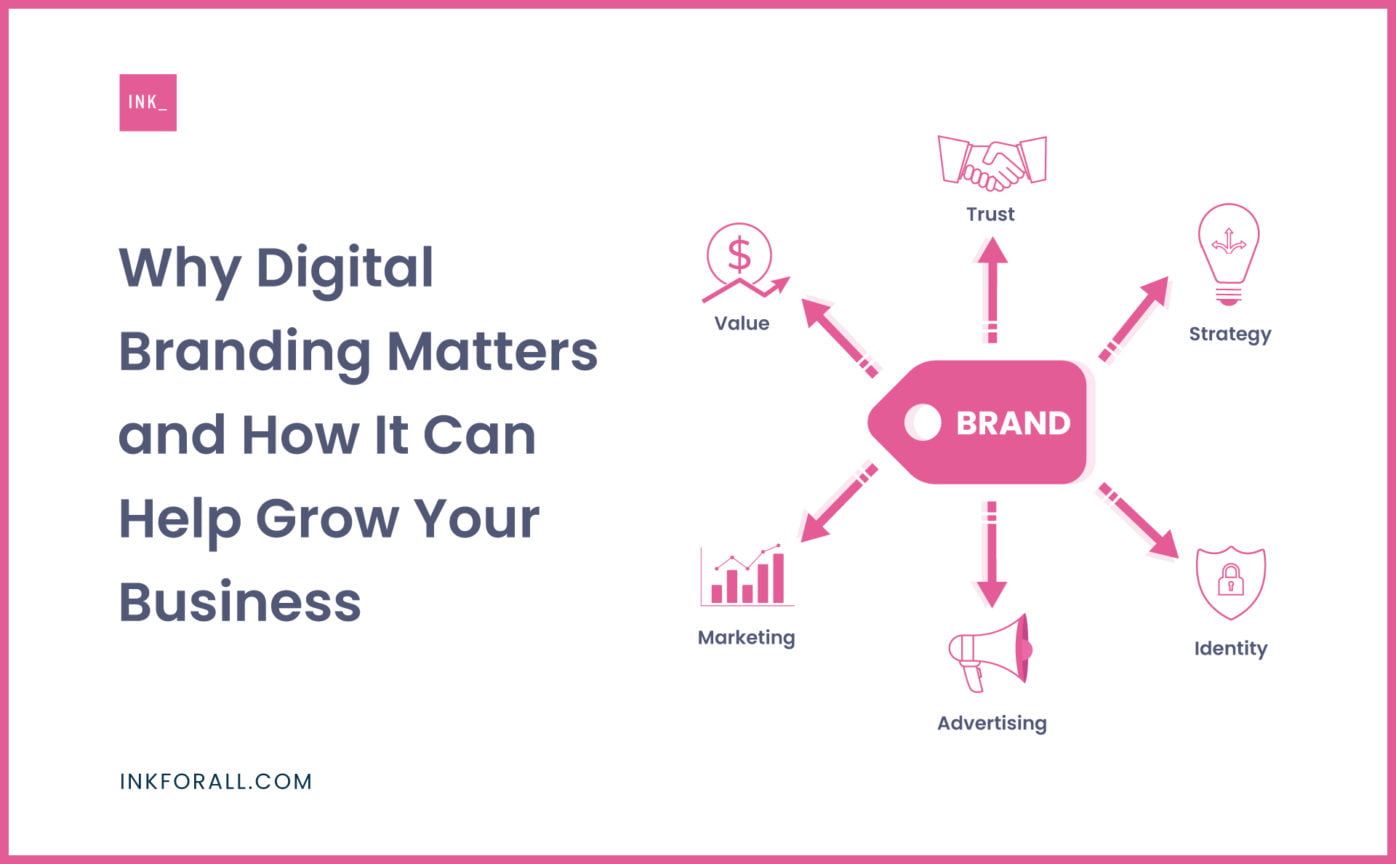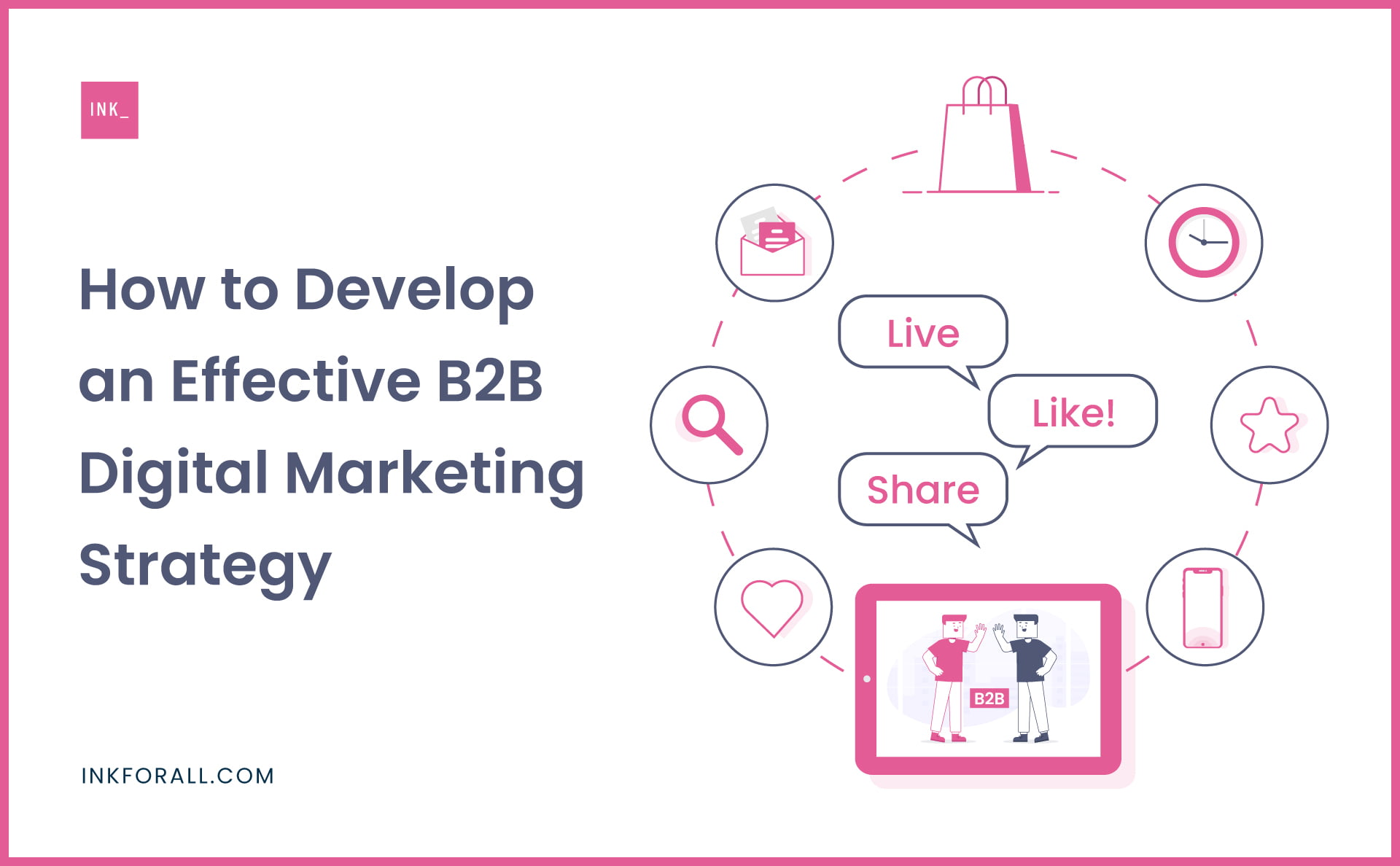Unlock the power of digital marketing for manufacturers and discover how to generate high-quality leads, dominate search rankings, and outperform your competition in today’s digital landscape.
The Digital Revolution in Manufacturing: Why Traditional Marketing No Longer Cuts It
The manufacturing sector is experiencing an unprecedented digital transformation, with traditional marketing methods becoming increasingly ineffective in today’s connected world. Recent studies show that over 70% of B2B buyers complete more than half of their purchase research online before ever contacting a supplier. This shift in buyer behaviour has created a crucial need for manufacturers to establish a strong digital presence. The traditional reliance on trade shows, print advertising, and word-of-mouth referrals, while still valuable, is no longer sufficient to remain competitive in the modern marketplace.
Manufacturers face unique challenges in adapting to digital marketing, including complex sales cycles, technical product specifications, and the need to reach highly specific target audiences. However, those who successfully embrace digital transformation are seeing remarkable results, with studies indicating a 40% increase in lead quality and 25% reduction in customer acquisition costs through effective digital marketing strategies.
Building a Strong Digital Foundation: Your Manufacturing Website
Your website serves as the cornerstone of your digital marketing efforts, acting as a 24/7 sales representative for your manufacturing business. To maximise its effectiveness, focus on creating a professional, user-friendly platform that showcases your capabilities and generates leads. Essential elements include clear navigation, compelling calls-to-action, and detailed product information. Research shows that 75% of B2B buyers consider website design crucial in establishing company credibility.
- Implement a clear value proposition above the fold
- Create detailed product catalogues with specifications and applications
- Include case studies and testimonials to build trust
- Optimise loading speed for better user experience
- Ensure mobile responsiveness across all devices
Search Engine Optimisation (SEO) for Manufacturers
Effective SEO is crucial for manufacturers to increase visibility and attract qualified leads. A well-executed SEO strategy helps your website rank higher in search results for relevant industry terms and location-based searches. Focus on optimising for both technical specifications and solution-based queries that your potential customers might use.
- Conduct thorough keyword research focusing on industry-specific terms
- Optimise product pages with detailed specifications and applications
- Create location-specific landing pages for regional targeting
- Implement schema markup for manufacturing businesses
- Build quality backlinks from industry publications and directories
Content Marketing Strategies That Drive Results
Content marketing plays a pivotal role in educating prospects and establishing thought leadership in the manufacturing sector. Studies show that 62% of B2B buyers rely on content to make purchasing decisions. Develop a comprehensive content strategy that addresses different stages of the buyer’s journey, from awareness to decision-making.
- Technical white papers and specification sheets
- Industry trend analysis and market insights
- How-to guides and application notes
- Case studies demonstrating successful implementations
- Regular blog posts addressing common industry challenges
Lead Generation and Nurturing in Manufacturing
Effective lead generation and nurturing strategies are essential for converting website visitors into qualified leads. Implement a structured approach to capture and nurture leads through their buying journey. Manufacturing companies using marketing automation see a 451% increase in qualified leads.
Create valuable gated content offers, implement strategic call-to-actions, and develop targeted email nurture campaigns. Use marketing automation to score leads based on engagement and behaviour, ensuring sales teams focus on the most promising opportunities.
Paid Advertising for Manufacturing Companies
Strategic paid advertising campaigns can significantly accelerate lead generation and brand awareness for manufacturers. Focus on platforms where your target audience is most active, particularly LinkedIn and Google Ads. B2B companies see an average of 33% lower cost per lead through LinkedIn advertising compared to other platforms.
- Implement targeted Google Ads campaigns for specific product lines
- Utilise LinkedIn’s professional targeting capabilities
- Deploy remarketing campaigns to stay visible to previous visitors
- Create industry-specific ad copy and landing pages
- Monitor and optimise campaigns based on performance metrics
Social Media Marketing in the Manufacturing Sector
While social media might not seem immediately relevant to manufacturing, platforms like LinkedIn have become invaluable for B2B marketing. Manufacturing companies active on LinkedIn generate 84% more leads than those without a presence. Focus on sharing valuable industry insights, company news, and thought leadership content.
Establish a consistent posting schedule, engage with industry conversations, and showcase your expertise through detailed technical posts and case studies. Regular engagement helps build relationships with potential customers and industry partners.
Video Marketing: Showcasing Your Manufacturing Capabilities
Video content has become increasingly important in manufacturing marketing, with 70% of B2B buyers watching videos throughout their purchase journey. Create engaging video content that demonstrates your manufacturing processes, product applications, and technical expertise.
- Virtual facility tours and manufacturing process demonstrations
- Product installation and maintenance tutorials
- Customer testimonials and case study videos
- Technical explanation and troubleshooting guides
- Behind-the-scenes content showcasing quality control processes
Measuring Success: Analytics and ROI
Implementing comprehensive analytics tracking is crucial for measuring the success of your digital marketing efforts. Focus on metrics that directly impact your business objectives and demonstrate ROI. Regular analysis helps optimise campaigns and improve performance over time.
- Track website traffic, engagement, and conversion rates
- Monitor lead quality and sales pipeline contribution
- Analyse email marketing performance and engagement
- Measure social media reach and engagement
- Calculate cost per lead and return on ad spend
Transform Your Manufacturing Business with Digital Marketing
Digital marketing has become indispensable for manufacturers looking to grow their business in today’s competitive landscape. By implementing a comprehensive digital strategy encompassing SEO, content marketing, social media, and paid advertising, manufacturers can significantly improve their market position and lead generation capabilities. Start by auditing your current digital presence, identifying gaps, and gradually implementing the strategies outlined in this guide. Remember that successful digital marketing is an ongoing process that requires consistent effort and regular optimization based on performance data.
FAQ
How much do small businesses pay for digital marketing?
Digital marketing costs $50 – $6,000 per month on average in 2025. The cost of digital marketing depends on several factors, like the strategies you want to invest in, your chosen agency, the size of your business, and more. Keep reading to learn more about digital marketing pricing!
What is the average cost of digital marketing?
2. Cost Ranges:
How much should a small business spend on digital marketing?
Another common question that small businesses ask is, “What percentage of revenue should be spent on marketing?” Business development experts recommend spending between 5%-10% of your revenue on your marketing budget. According to the same CMO Survey, companies spend about 8.7% of their revenue on marketing on average.
What is the average marketing budget for a manufacturing company?
The percentage varies on the company’s growth stage, market conditions, and marketing objectives. However, on average, manufacturing companies allocate 5% to 10% of their annual sales revenue for marketing purposes.
Sources
[1] https://www.webfx.com/industries/industrial/manufacturing/
[2] https://www.designrush.com/agency/digital-marketing/trends/digital-marketing-for-manufacturers
[3] https://hivehousedigital.com/ultimate-guide-digital-marketing-manufacturers/


